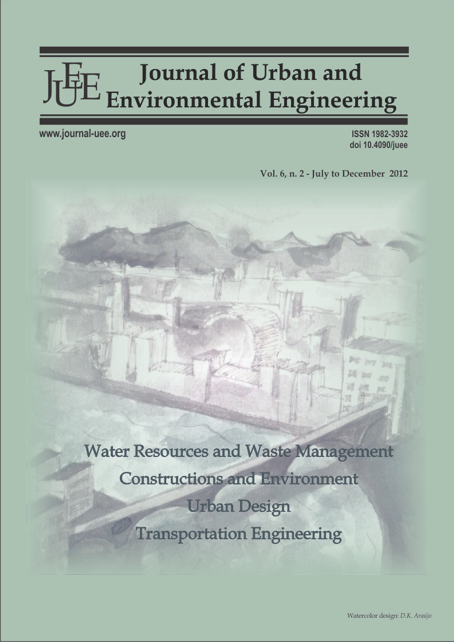THE PROPOSED ALUMINA INDUSTRY AND HOW TO MITIGATE THE RED MUD FOOTPRINT IN GHANA <a href="http://dx.doi.org/10.4090/juee.2012.v6n2.048056">(doi: 10.4090/juee.2012.v6n2.048056)</a>
DOI:
https://doi.org/10.4090/juee.2012.v6n2.%25pAbstract
Bauxite tailings, also known as red mud, are often generated in vast quantities by extracting alumina from bauxites. The relatively complex composition of the red mud, an insoluble residue from bauxite processing, coupled with its fine particle size distribution, high pH, poor settling properties and some toxic rare metal associations, make its disposal problematic. Two locations are being considered for the sitting of a bauxite refinery in Ghana. Since large quantities of tailings is expected to be produced at a selected site efforts need to be geared towards its management to ensure that the red mud footprint is not repeated in Ghana as happened elsewhere. This paper considers the two proposed sites and applies a site ranking criteria to identify the most suitable site, as well as an environmentally suitable disposal technology based on the selected site conditions and the general red mud characteristics. This study could serve as a sustainable development approach in site selection and the choice of disposal technologies.Downloads
Download data is not yet available.
Downloads
Published
2012-12-26
Issue
Section
Articles




